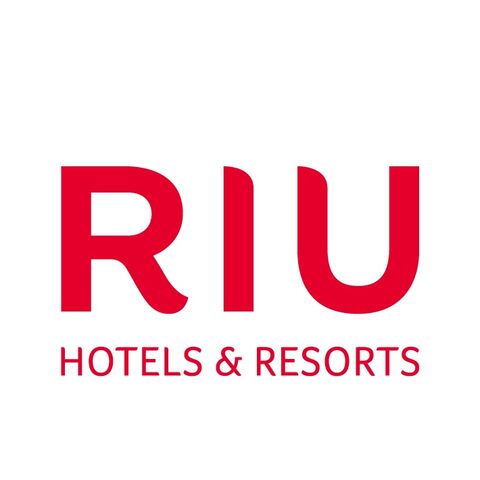- The first three hotels to receive the certification were the Riu Concordia, Riu Festival and Riu San Francisco in Playa de Palma
RIU Hotels & Resorts and AENOR signed an alliance to certify the hotel chain’s hotels with the new “Zero Food Waste” seal. RIU’s commitment, with the support of AENOR certification, has the ambitious objective of fighting the serious problem of food waste. Likewise, the creation of the seal responds to society’s growing concern about food waste while aligning itself with the UN’s Sustainable Development Goals (SDGs) and the sustainability goals of RIU and AENOR. After a rigorous management and verification process, the three hotels have received their certification, guaranteeing that there is no avoidable food waste in the hotels.
The hospitality industry is a sector in which a huge amount of food is consumed, and it involves the entire agri-food value chain. In addition, the United Nations estimates that one-third of the food produced in the world ends up in the bin, while the incidence of severe famine is increasing, and that almost half of child deaths are related to malnutrition. That’s why the fight against food waste is one of the UN’s Sustainable Development Goals, specifically, the second: “Zero Hunger”. This alliance is a challenge that aims to combat a global problem with enormous environmental, social, and financial implications, since, among many other advantages, reducing waste has a high direct benefit in terms of cost savings.
To become certified, the hotels have carried out a great deal of evaluation, control, and monitoring work in which the role of AENOR and RIU professionals is essential. The certification specifies several key steps to follow in order to take advantage of the opportunity to learn and improve in the processes of reducing leftover food. First, a food waste inventory is carried out, defining actions to reduce and prevent waste. This is reflected in a plan with specific objectives and goals, which are documented and exhaustively monitored through a management plan drawn up by RIU. Once the relevant verifications, evaluations, and checks were carried out in the kitchens themselves by AENOR, the three certificates were awarded, without any point of “Non-Conformity”. The certification is valid for three years, with annual reviews.
Currently, the pilot plan for this project is being carried out in RIU’s hotels in Mallorca. The goal for 2023 was to certify the Riu San Francisco, Riu Festival, and Riu Concordia hotels, while the Riu Playa Park and the Riu Bravo will become certified when they reopen for the 2024 summer season.
This is a major challenge for RIU with which it aims to contribute to confronting a global problem. To do this, it relies on its kitchen and dining room teams, which are the main protagonists of these changes. AENOR stresses that the fundamental pillars are reduce, reuse, redistribute, and recycle. Therefore, it is essential to avoid overproduction and adapt it to demand, optimising operations to be more efficient, since one of the most critical places for food waste is buffets.




 Austria
Austria

